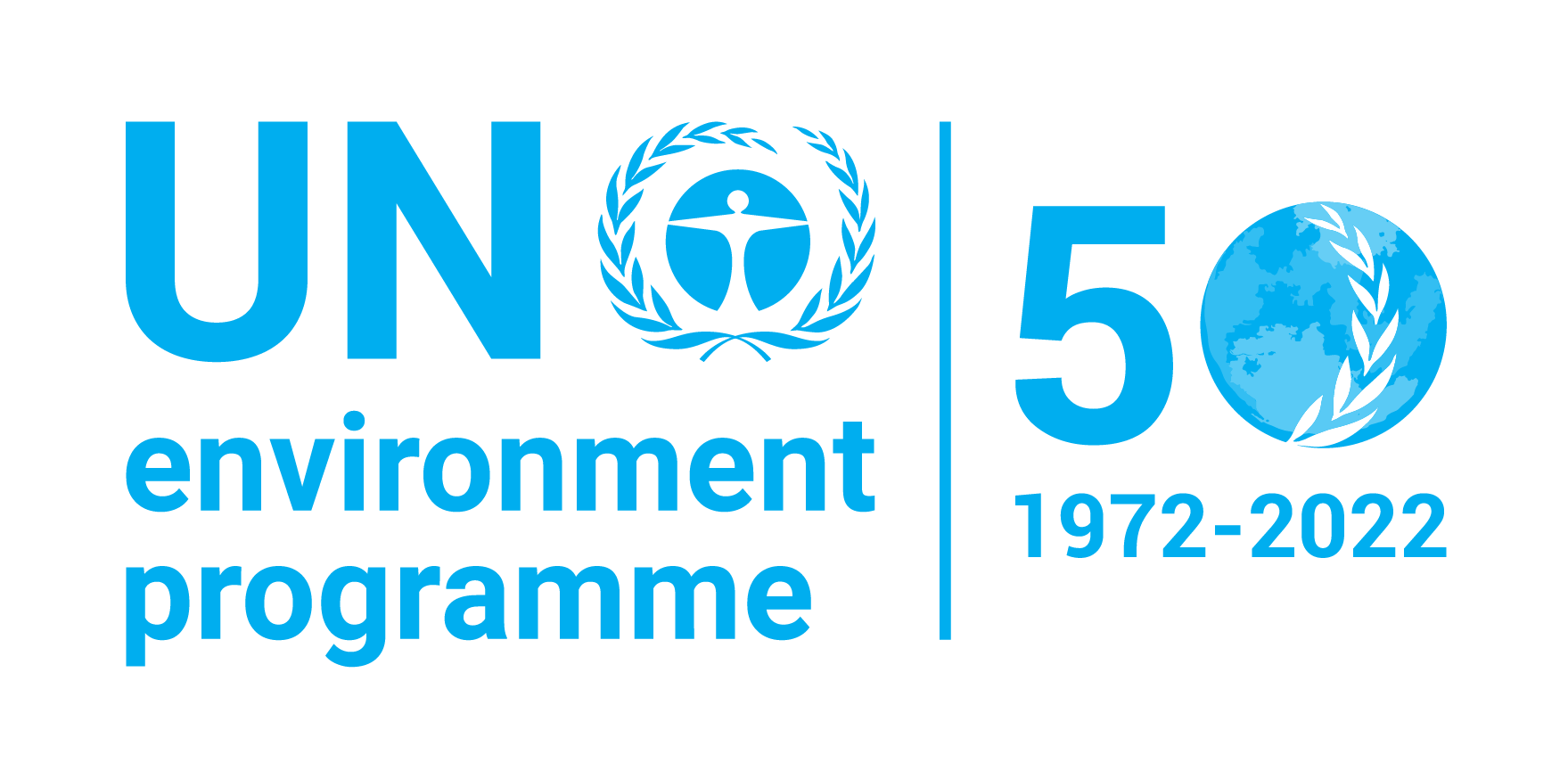| dc.description | This paper investigates various roles that finance ministries can assume to promote those policies, regulations and standards which help to create a sustainable financial system. Finance ministries typically interact with the financial sector in many ways, from regulator and supervisory mandate setters to tax authority and sovereign debt issuers. All of these points of leverage empower them to play a key role in making financial systems sustainable. Sustainability is still a relatively new concept in financial sector policy, which has in the past decade been preoccupied with strengthening financial stability and supporting economic growth. In this paper, a sustainable financial system is taken to be a financial system that performs its central functions, such as the provision of savings possibilities and the allocation of capital, while taking into account the demands and needs of the economy, society and the environment. From this definition, a framework inspired by Cihak et al (2012) is developed to outline key characteristics of a sustainable financial system. They discuss four key characteristics of financial systems in supporting economic growth and poverty alleviation: depth, access to finance, efficiency of intermediation and financial stability. In addition, the extent to which a financial system incorporates environmental externalities into its process for allocating capital, and its ability to provide financing with a structure and maturity fitting sustainable investment needs are proposed here as ways of benchmarking the system’s environmental sustainability. Lastly, access to finance and the transparency of the capital allocation process are proposed as indicators of social sustainability. Sustainability is not often regarded to be part of a finance ministry’s policy mandate. Therefore, this paper looks at cases where finance ministries use their mandates to bring about innovation in the space. In conclusion, under the current mandates of finance ministries, much has already been done to begin creating significant openings that stimulate sustainability in the financial sector. To that end, the paper discusses several cases relevant to financial sector sustainability. First, it takes a look at debt management by the Ugandan Finance Ministry, which uses a new debt management strategy to effectively manage sovereign debt and develop domestic financial markets. Second, it compares the roles of the British and Dutch finance ministries in developing remuneration regulation. A third case assesses the South African Treasury’s push for financial inclusion and responsible investment. The fourth case compares the German and French ‘energy transitions’ based on the roles their finance ministries played in these transitions, and their respective focuses on the financial sector. | |


